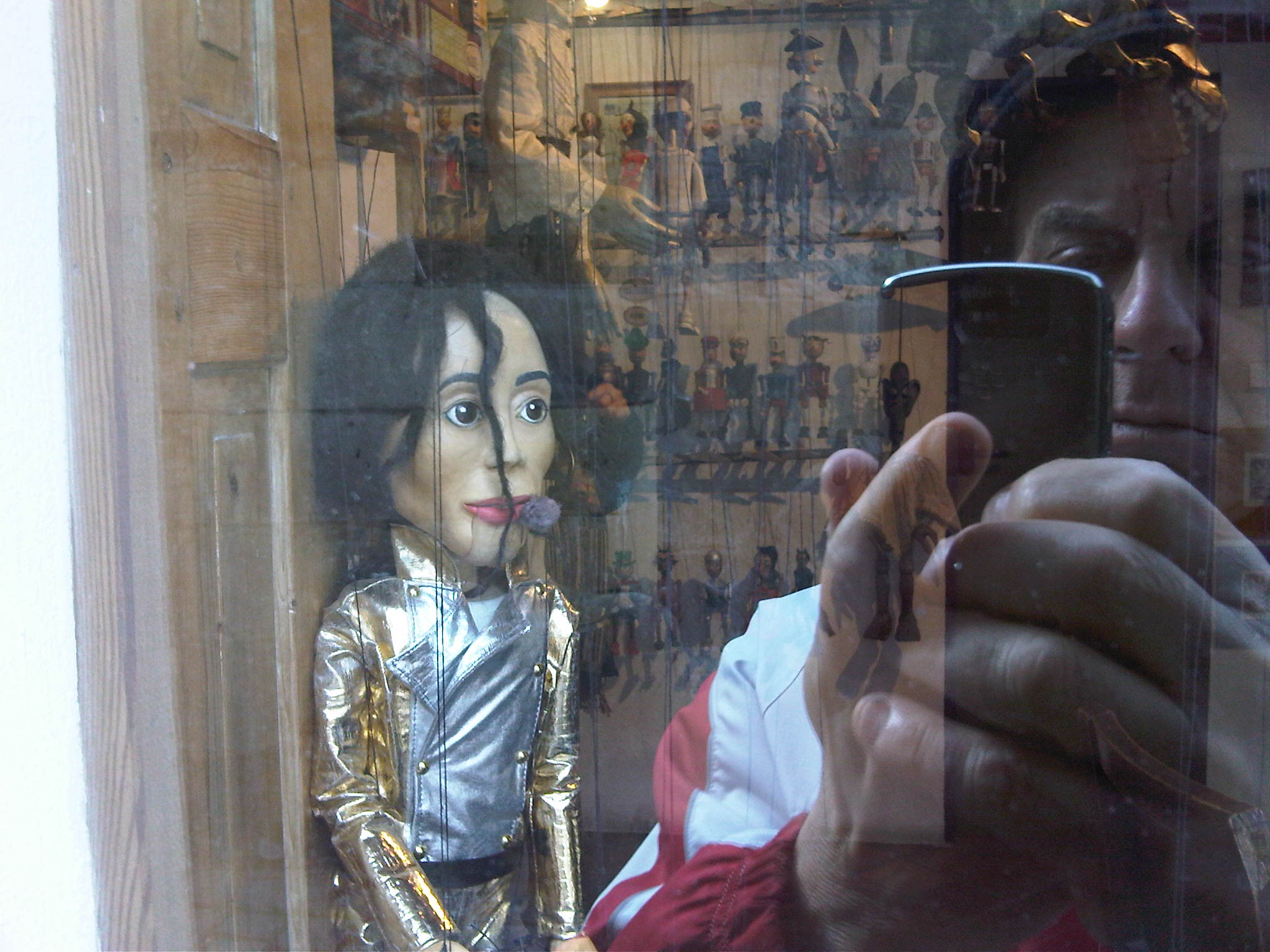50 Years After MLK's "Letter from a
Birmingham Jail,"
What
Can We Learn?
By
Gary Corseri
It was April, 1963,
and Martin Luther King, age 34, had five more years to live. And we have now had fifty years to answer his
letter.
Seven to
eight years before, he had come to national prominence as leader of the bus
boycott staged by the black citizens of Montgomery, Alabama. The boycott had begun when Rosa Parks refused
to give up her seat to a white man" and that small act of courage and defiance
had jump-started the modern Civil Rights Movement.
Raised
in Atlanta, the son, grandson and great-grandson of ministers, King was pastor
of the Dexter Avenue Baptist Church, and president of the Montgomery
Improvement Association. Smart, hip, articulate,
gutsy, idealistic and charismatic, at 27, he had led the boycott for over a
year until the Supreme Court had ruled that Montgomery's segregation laws
violated the Constitution's 14th Amendment, guaranteeing equal
rights to all citizens. Now, President
of the Atlanta-headquartered Southern Christian Leadership Conference, he sat
in a jail cell in Birmingham, writing his thoughts on the margins of a
newspaper, responding to eight white, Alabama clergymen who had criticized his
"outsider" activism.
"I am
here because injustice is here," King
wrote, --compelled to carry the gospel of freedom beyond my own home
town. " Moreover, I am cognizant of the interrelatedness of all communities and
states." And, he declared: "Injustice
anywhere is a threat to justice everywhere.
We are caught in an inescapable network of mutuality. " Whatever affects
one directly, affects all indirectly."
Thus, on
the first page of what would become a 14-page testament, King has averred two of his life themes: that
we are all connected; and, injustice must be confronted. Next, he takes on his fellow clergymen who
have rebuked him as an "outside agitator."
"Birmingham is probably the most segregated city in the United States,"
he reminds them, then recriminates about their own failure--and other white
leaders' failure--to "grapple with underlying causes." As antidote, he describes his methodology:
(1) collect the facts; (2) negotiate; (3) purify the self; (4) take direct
action. Again, he reminds his would-be
counselors: "There have been more unsolved bombings of Negro houses and
churches in Birmingham than in any other city in the nation."
A
"friendly Negro trusty" provides him with scraps of paper, and in the following
pages King annotates, illustrates and continues his "grappling."
What can
we learn 50 years later? For one thing
(and not superficially!): the value of a Liberal Arts/Humanities education
(and, of course, in King's case, a theological one as well). Long before "no child left behind" and
standardized testing and testing (and testing scandals!), we observe how a
gifted, dedicated student, allied with dedicated teachers, can master the
musical scales of rhetoric while plumbing the depths of logical analysis. Among the sources King cites for his thoughts
and actions are Socrates (his courage to challenge conventions); Reinhold
Niebuhr; St. Augustine (on just and unjust laws); Martin Buber (on "I and Thou"
relationships); John Bunyan, Jesus of Nazareth; St. Paul; Martin Luther; and
T.S. Eliot.
King is
a man who has read widely and thought deeply and he has learned to make
distinctions. Between "justice" and
"law," for example. What is the
difference? he wonders. "A just law is a
man-made code that squares with the moral law or the law of God. An unjust law is a code that is out of
harmony with the moral law." And,
deeper, and loftier: "Any law that uplifts human personality is just. Any law that degrades human personality is
unjust." And, he will not be deceived:
"Sometimes a law is just on its face and unjust in its application."
"Collecting
the facts," and clearly expounding his moral position, King now describes the
difficult processes of "negotiation," "self-purification" and "direct
action." He understands the hard road
ahead: "One who breaks an unjust law must do so openly, lovingly, and with a
willingness to accept the penalty." He
understands the isolation he must face, the scorn from professed, but lukewarm,
allies who "paternalistically" believe they can "set the time-table for another
man's freedom." He underlines the need
for taking direct action and for seizing the moment: "Human progress never
rolls in on wheels of inevitability; it comes through the tireless efforts" of
[those] willing to be co-workers with God, and without this hard work, time
itself becomes an ally of the forces of social stagnation. We must use time creatively, in the knowledge
that the time is always ripe to do right."
What can
we learn? Where are we now?
50 years
later, it is not only Birmingham, but our nation and our world that is bombed
and bombing; convulsed with terrorism, with "justice" threatened everywhere,
men, women and children cower in fear of "the other," arm themselves against
their neighbors, dutifully march to the beat of Controllers who enjoin them to
be "resilient"; to shop till they drop; to cheer the team; to bail out bankers;
to do as they're told; to conform; and, advise them not to "grapple with
underlying causes"!
In
addition to examining just and unjust laws, moral and immoral, brave and
cowardly behavior, King's letter of conscience probes our modern psychologies. "When you are forever fighting a degenerating
sense of "nobodiness'--then you will understand why we find it difficult to wait." Later in the letter, he writes of "Negroes
who" are so drained of self-respect and a sense of "somebodiness" that they
have adjusted to segregation."
(Note: You can view every article as one long page if you sign up as an Advocate Member, or higher).





